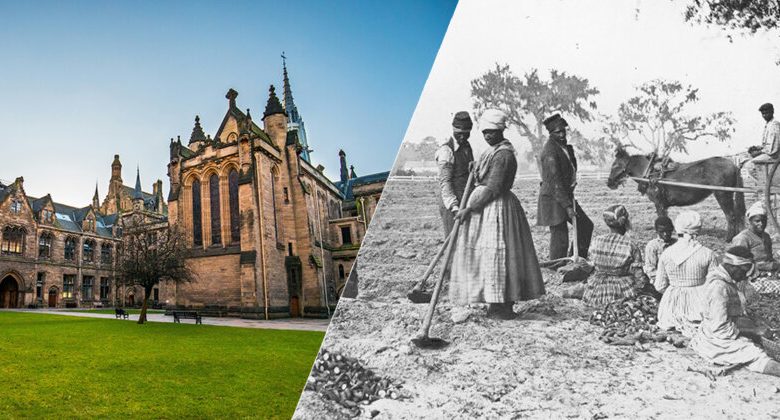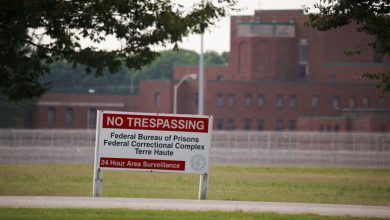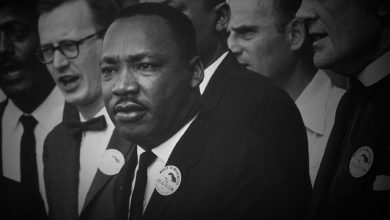Harvard Fired Genealogist After Finding 900 Ties to Slavery

Harvard University’s efforts to confront its deep historical ties to American slavery are facing new scrutiny following the abrupt dismissal of the genealogist leading its research into descendants of enslaved people connected to the institution.
In 2022, Harvard committed $100 million to implement recommendations from its Legacy of Slavery report, which acknowledged the university’s direct complicity in slavery. That report outlined how Harvard’s early wealth was built with the labor of enslaved people, including those brought to Massachusetts from the Caribbean, revealing how Ivy League institutions benefited from the transatlantic slave trade.
As part of that initiative, the university hired Richard Cellini, a Georgetown-trained attorney and founder of the Georgetown Memory Project, which previously identified over 10,000 descendants of enslaved people sold by Jesuit priests to fund Georgetown University.
Cellini’s team, in partnership with American Ancestors—a leading genealogical institute—uncovered more than 900 enslaved individuals connected to Harvard faculty, staff, and donors. They also identified nearly 500 living descendants—a number that far exceeded initial expectations and adds new dimension to the national reparations debate and institutional accountability.
However, as the findings grew, Cellini says pressure from within the administration mounted. According to Cellini, Harvard administrators warned that identifying too many descendants could be a financial liability. One staff member allegedly told him, “Every new person is a source of guilt and shame for Harvard.” Despite securing a reduced budget for 2025, Cellini was fired without explanation in January 2025.
Harvard has denied issuing any directive to limit findings, but the timing of Cellini’s termination—and the resignation of multiple members of the initiative—has raised questions about the university’s transparency, racial justice commitments, and its role in addressing systemic racism.
Cellini’s discoveries include ties to the Royall and Vassall families, two of New England’s largest slaveholding dynasties. Their wealth helped build Harvard, including funding what would become Harvard Law School. One of the identified descendants, screenwriter Jordan Lloyd, learned through the project that she is connected to Cuba and Tony Vassall—enslaved people whose children became early leaders in Boston’s free Black community.
Lloyd described the discovery as life-changing, linking her to a lineage of Black history and resistance. But she was disheartened by Harvard’s lack of communication. “I was expecting them to be welcoming and excited to reconcile this history,” she said. “Instead, it feels like they want to keep the door shut.”
As the university shifts genealogical research responsibilities solely to American Ancestors, critics say Harvard risks sanitizing a process meant to center truth, reparative justice, and public accountability. Officials in Antigua and Barbuda—where the Royall family plantation was located—have also expressed concern over the university’s failure to respond to diplomatic outreach following Cellini’s dismissal.
In addition to backlash over its slavery research, Harvard has also come under fire from the ADOS reparations movement (American Descendants of Slavery). In 2021, a Harvard Kennedy School publication accused the ADOS network of spreading disinformation to suppress Black voter turnout. After public pushback and an internal review, the university retracted the article, admitting the findings were flawed and the conclusions unreliable. ADOS leaders criticized Harvard for attempting to discredit grassroots reparations advocates instead of working with Black communities toward racial justice.
Read more: Harvard University Journal Retracts Fake Disinformation Criticism Of ADOS Reparations Organization
With more than 100 U.S. universities now investigating their ties to slavery—including Brown University and Princeton University—the stakes for Harvard are high. Whether it leads in historical reckoning—or retreats into silence—will shape the national conversation on university reparations, racial equity in education, and the long-overlooked legacy of slavery in American institutions.




